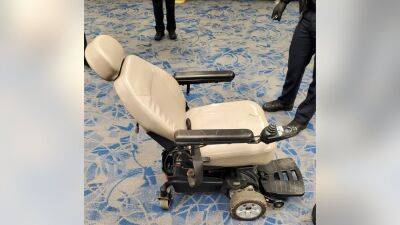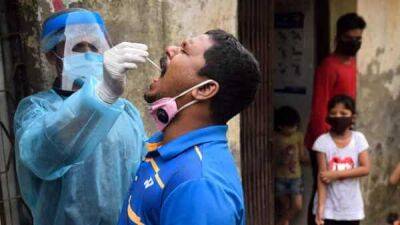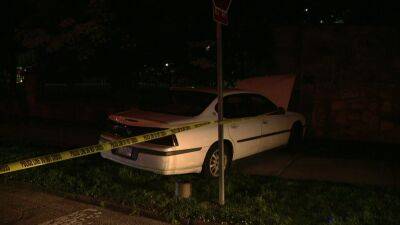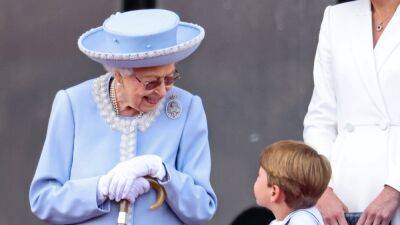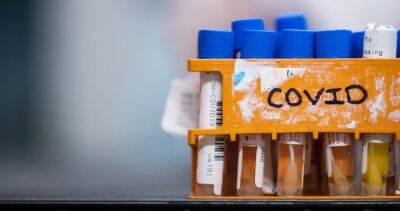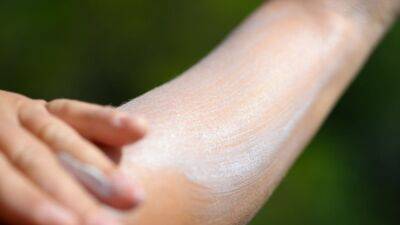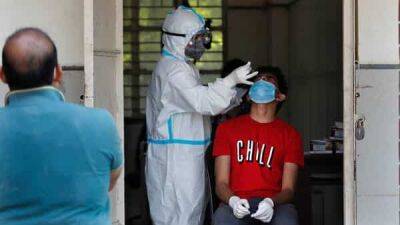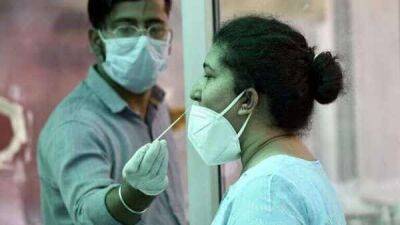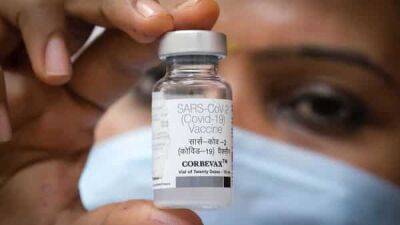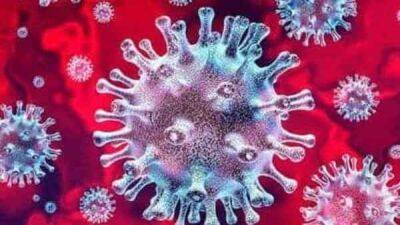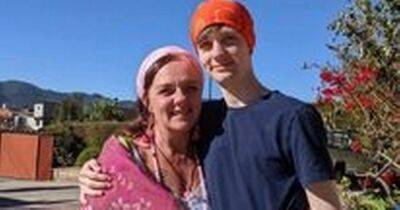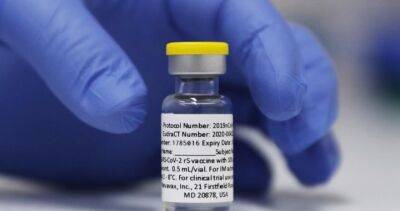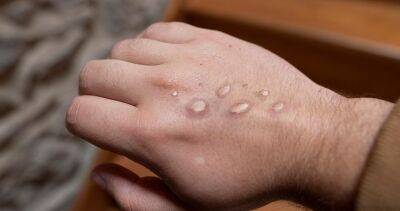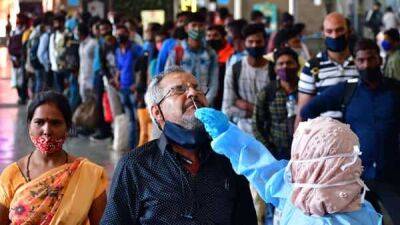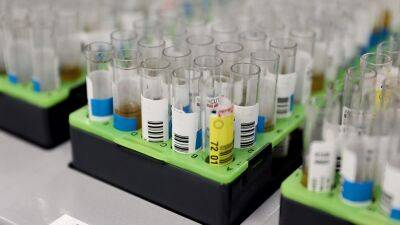Researchers say they’ve found the reason why infants die from SIDS
sudden infant death syndrome (SIDS).Researchers from The Children’s Hospital in Westmead in Sydney, Australia, have found that a lowered level of a certain enzyme, called butyrylcholinesterase (BChE), can explain the malfunction that causes some babies not to startle or wake if they stop breathing in their sleep.The study is published in the latest volume of The Lancet’s eBioMedicine, the upcoming June 2022 issue.
7,000 newborns die every day, according to new UN report For years, medical experts have suspected that SIDS is caused by a defect in the part of the brain that controls arousal from sleeping and breathing, according to the Mayo Clinic.
They theorized that if an infant stopped breathing while asleep, the defect would keep the child from waking up.The Sydney researchers confirmed the theory by analyzing dried blood samples of 722 babies that were taken during the newborn heel prick test – 655 of the tests were from healthy babies, 26 were from babies who died of SIDS and 41 from babies who died from other causes in infancy.They found that SIDS babies had lower levels of BChE, an enzyme that’s known for its abilities in the brain’s arousal system.“Up to now we didn’t know what was causing the lack of arousal,” Dr.
Carmel Harrington, who led the project and lost her own son to SIDS 29 years ago, told The Guardian.“An apparently healthy baby going to sleep and not waking up is every parent’s nightmare and until now there was absolutely no way of knowing which infant would succumb.”According to Statistics Canada data from 2015 to 2020, approximately 1,700 babies under the age of one died in Canada per year.
Read more on globalnews.ca

